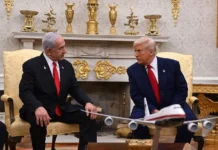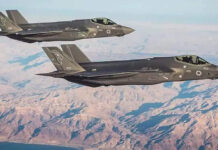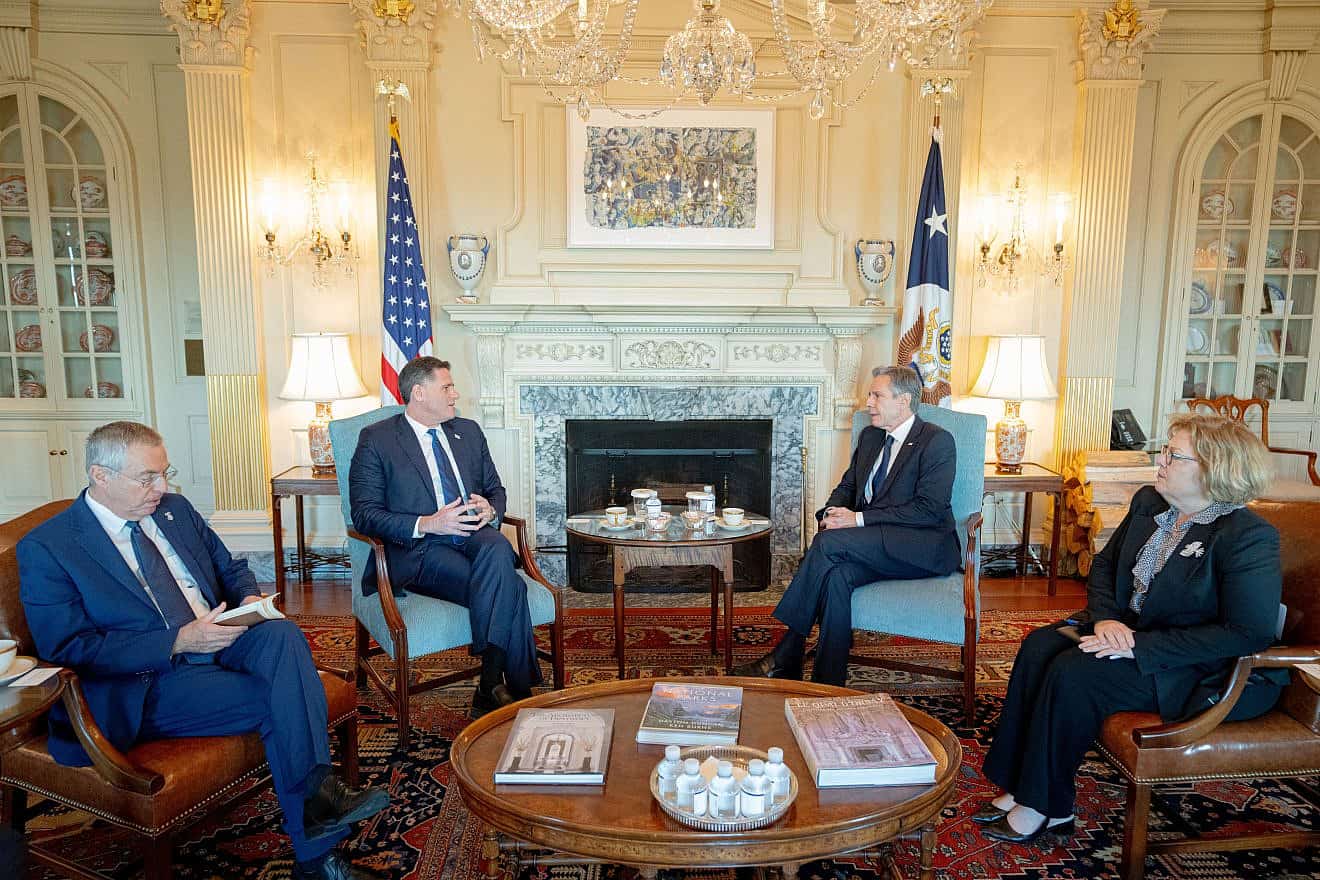U.S. President Joe Biden and Israeli Prime Minister Benjamin Netanyahu are eager to have a Saudi-Israeli peace deal signed before each country holds elections. Saudi Crown Prince Mohammed bin Salman shares this vision.
But the current government won’t get a ceremony on the White House lawn. Riyadh has already made it clear that this won’t happen as long as Netanyahu’s coalition is in power. Or to put it less diplomatically, Saudi Arabia will not be a prospective candidate for peace so long as politicians like Bezalel Smotrich and Itamar Ben-Gvir are in the Israeli cabinet.
Netanyahu has empowered Strategic Affairs Minister Ron Dermer to talk about this issue in media interviews. This gave the impression that Dermer was counting his chickens before they hatched. In fact, even before there were any eggs to begin with.
In a marketing move aimed at cultivating optimism in Israel, Netanyahu’s inner circle has been saying that, in return for the American arms and capabilities given to Saudi Arabia under such a deal, Israel would consider asking for a defense treaty with the U.S. But for the time being, this is just talk; nothing more than political campaigning aimed at hiding the fact that Netanyahu is walking back his objection to Saudi Arabia having a nuclear reactor on its soil.
Israel has always been the bride-in-waiting, with the groom—a much-coveted defense pact—never showing up. To save face, the bride has always claimed that she does not seek such a deal. The proof that Israel does in fact want such a deal is found in a much-forgotten episode: David Ben-Gurion sought to have Israel join NATO, but was rebuffed. He even considered sending IDF troops to fight in the Korean War in the 1950s.
After the Six-Day War, Richard Nixon’s confidant Leonard Garment arrived in Israel. Then-Defense Minister Moshe Dayan told him in Hebrew (with Abba Eben translating to English) that Israel only sought to obtain U.S. weapon systems so it could defend itself on its own. “We don’t want a single U.S. soldier to shed blood for our defense,” Dayan said, knowing there was zero chance of such a defense treaty passing the Senate in light of the ongoing upheaval over the Vietnam War.
A defense pact that would shore up Israel’s deterrence and stature abroad will not be finalized this time around either. Dermer is trying to sell goods that are not in his possession, because Israel cannot meet the minimum demands set by the U.S. for a Saudi normalization pact. These include an Israeli commitment to forgoing settlement construction beyond four blocs, effectively abandoning Smotrich’s expansionist vision, along with an Israeli commitment not to annex Area C of Judea and Samaria. The U.S. will also insist that Israel grant benefits to the Palestinians and restrain the IDF’s conduct in counterterrorism raids.
Even if all those obstacles were to be overcome, a Saudi deal would not result in a U.S.-Israel defense pact, because the only thing Israel could commit to is not to use nuclear weapons, which the U.S. is convinced Israel has. The U.S. will demand a commitment that goes beyond that: Israel will be allowed to fight terrorists but not to launch a preemptive war like in 1967, however just it may be. Who is going to sign such a deal, which would effectively allow the U.S. to control anything produced by the Dimona reactor?
There is nothing wrong with dreaming about a defense treaty, but as scripture says, “False dreams, they comfort in vain.” With relations between Israel, the Democratic Party and the Biden administration at a low point, and in light of the ongoing hostility towards Israel, it would be best to avoid pipe dreams and focus on preserving the U.S.’s current level of commitment to Israel’s security: Ensuring Israel’s qualitative edge, providing military aid for procurement of sophisticated weapon systems and maintaining the implicit defense pact that already exists.
Originally published by Israel Hayom.
























